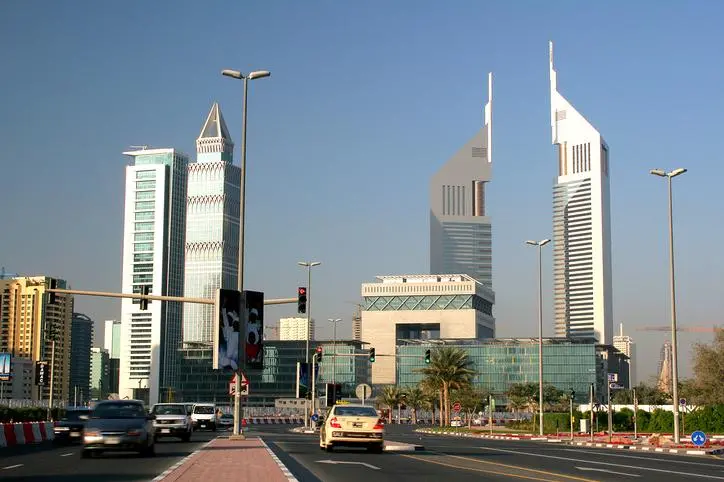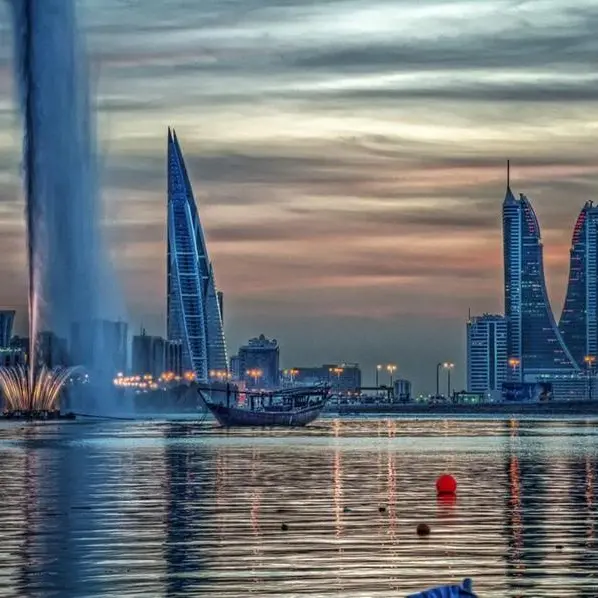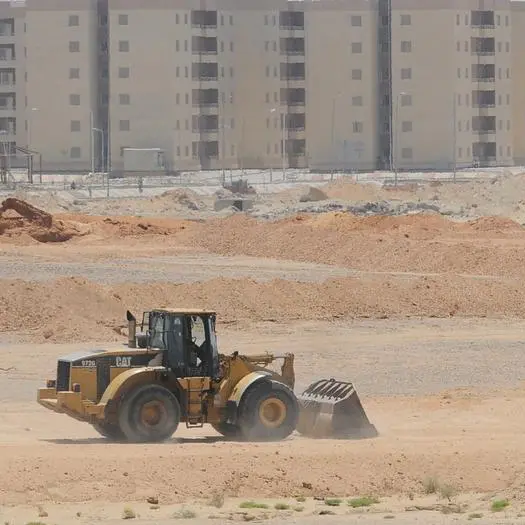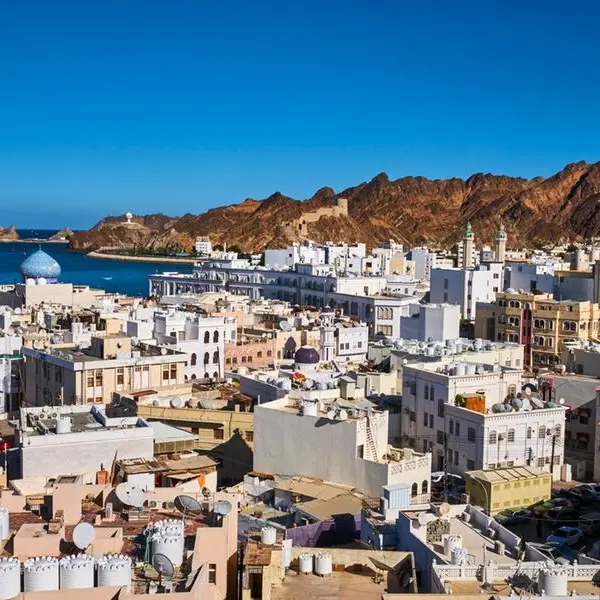PHOTO
Dubai is set to witness further growth in development of branded residences, with the number of standalone projects (developments without a hotel component) set to rise to 54% of the market, accounting for 78% of new projects over the next four years, against a global projection of 41%.
Over the past 10 years (sttarting from 2014) the branded residences sector in Dubai will have grown by a 410%, rising from ten projects in 2014 to 51 today.
In the past five years alone, the growth in the sector has been 122% rising from 23 projects to 51 today, according to property consultancy Global Branded Residences (GBR).
The findings were unveiled by Riyan Itani, Founder and Director, at 'The Future of Branded Residences' event hosted by GBR along with real estate branding specialist, Sectorlight and De Leeuw International in Dubai, where he presented the report following extensive research into the 121 open and pipeline projects within the emirate.
The forum saw some of the region’s leading real estate developers, consultants and hotel operators gather with representatives of lifestyle brands interested in understanding more about the burgeoning opportunities for their companies to enter collaborations.
"The GBR data shows that the number of hotel brands is due to reduce from 78% of the existing market of projects to 51% of the pipeline of developments due to be released up to 2028," stated Itani.
This means hotel brands will only account for 63% of the total market by 2029, compared to 78% globally. This shows the market’s appetite for dynamic, lifestyle-driven branding while also reflecting the limitations experienced by the hotel brands, which are now not able to partner with developers due to existing relationships and territorial restrictions due to existing projects, he added.
Itani pointed out that in the absence of availability of tried-and-tested hotel brands, Dubai developers were increasingly turning to innovative and exciting new brands from the non-hotelier world, such as automotive (less than 1% of existing projects moving to 7% of the development pipeline) and fashion brands (10% of the exiting market are branded by fashion brands, while representing 36% of the pipeline) to add the edge in design and marketing.
Rich Stevens, Managing Director & Chief Creative Officer of Sectorlight, said: "For lifestyle brands, the prospect of extending their customer reach and influence by bringing their brand alive through a physical environment offers amazing potential. For developers, a partnership with a world-renowned fashion, automotive or jewellery brand presents is a fantastic opportunity to ensure highly effective stand-out in a competitive marketplace."
"We are just seeing the tip of the iceberg right now, with projects like Mercedes-Benz Places by Binghatti and Armani Beach Residences by Arada," he noted.
"So far, we have seen ultra luxe brands appealing to High-Net-Worth individuals, but there will be more opportunities for mass-market household names to get on board and exploit the potential that bricks and mortar presents in enabling them to diversify and extend their brand’s purpose and essence," he added.
Robert Gill, Director of De Leeuw International, pointed out that regionally it was a very exciting time for the Branded Residences market, with some diverse developments.
"Key to success is understanding the market, along with accurate financial data. The region is experiencing exceptional growth, impacting all aspects of the built environment. Our current and forecasted data will empower developers to make informed decisions, with confidence," he added.-TradeArabia News Service
Copyright 2022 Al Hilal Publishing and Marketing Group Provided by SyndiGate Media Inc. (Syndigate.info).





















